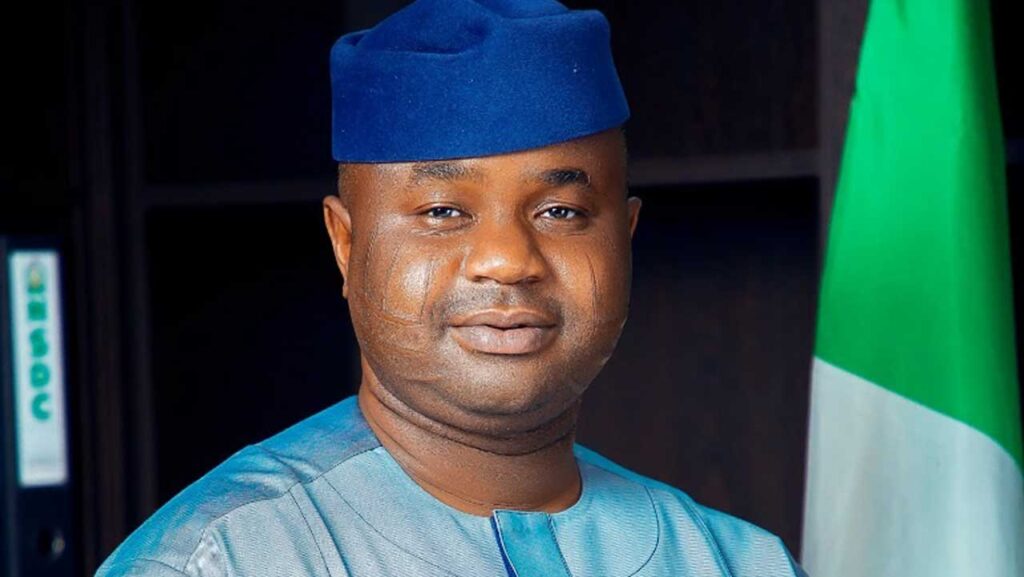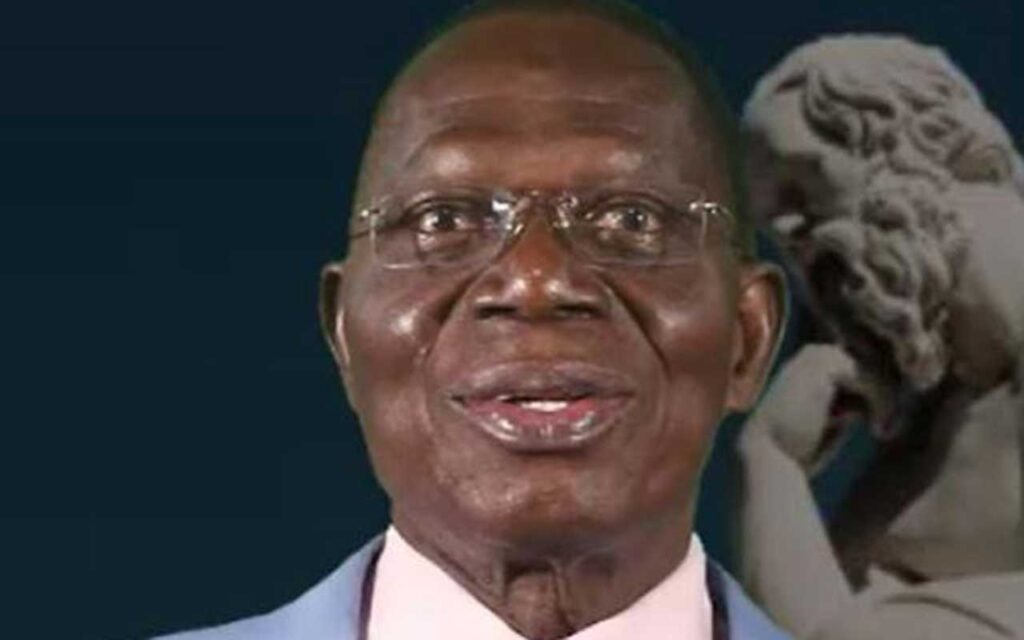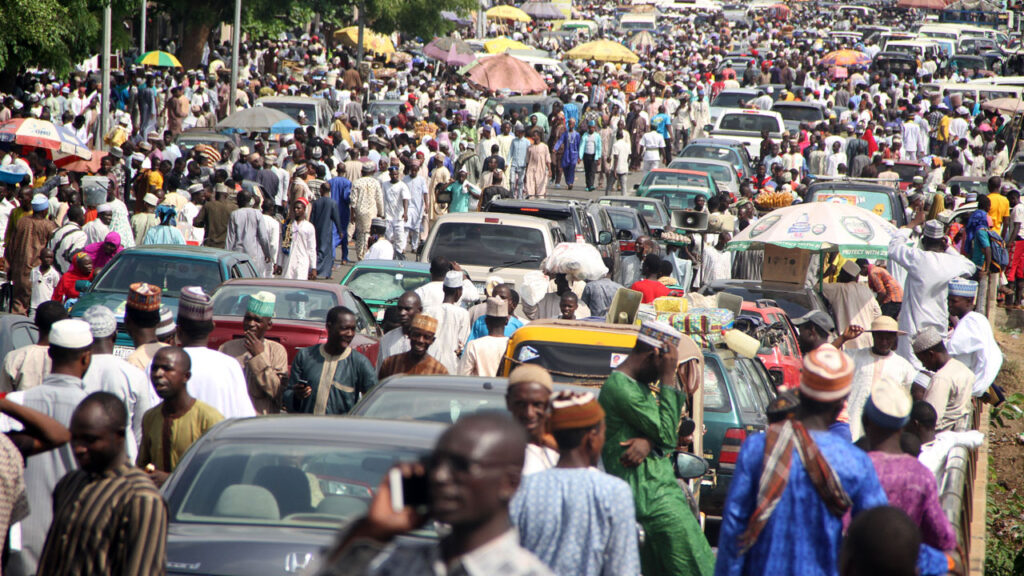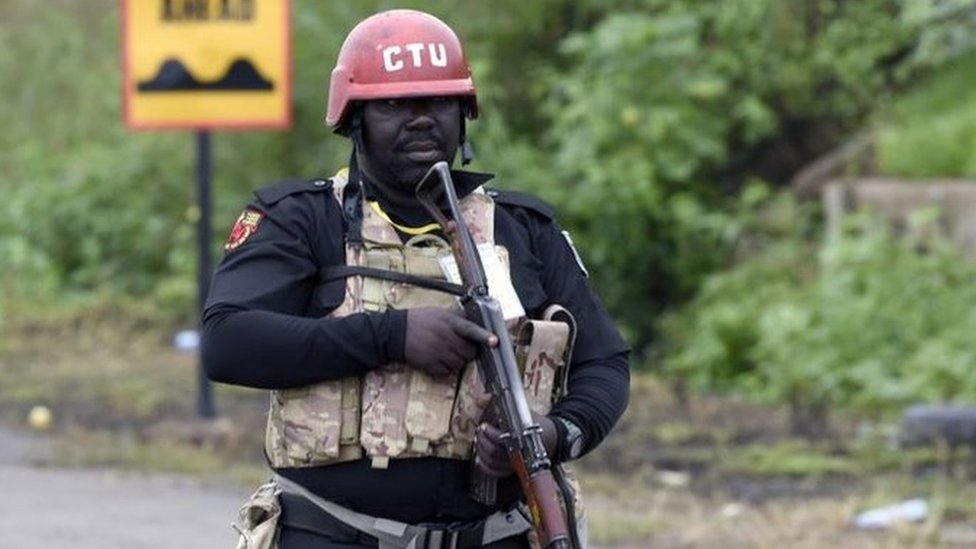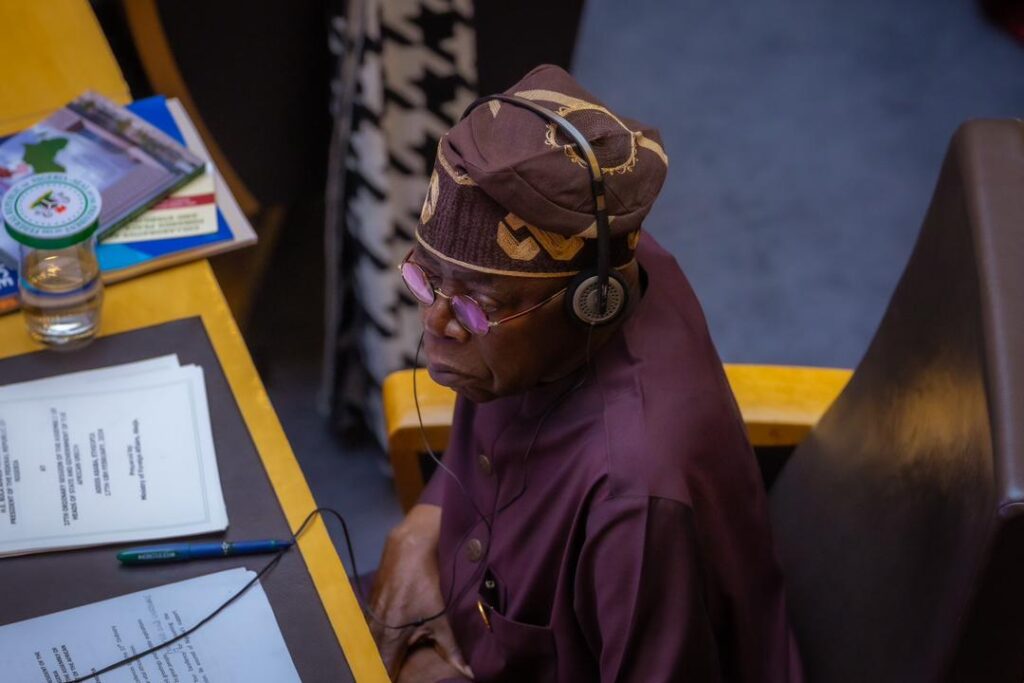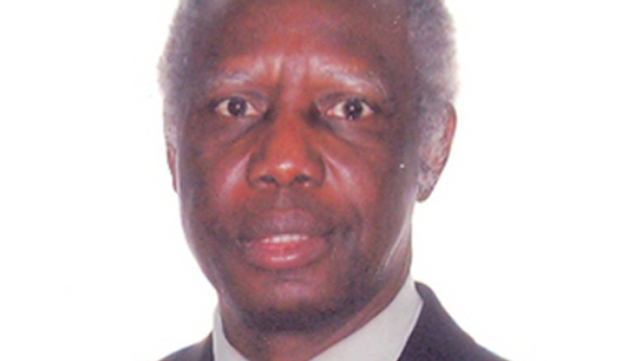
Nations, like individuals, suffer trauma from national calamities. Like individuals, nations can get stuck at that point winning and drowning in their tears world without end. Or, like Israel and Rwanda, reference it but go on with living and building. Six million Jews were exterminated by Adolf Hitler. The state of Israel says never again. Rwanda makes sure citizens will never again rise against citizen. In both cases, life goes on positively.
The Nigerian society suffered its first trauma seeing the way and manner civilian politics turned vicious and competition turned to all is fair in love and war. Political rivalry was war and the instruments of war were used; knives and cutlasses, machetes and guns of various calibres and bullets.
The different political parties organised their political armies with their thugs as their foot soldiers. Unemployable youths who had dropped out of school as well as gainful engagement found jobs in these mini-armies. The less effective the political party in power became, the more effective its private army became. The worse the party performed in election, the stronger the party thugs became.
Initially, the different thugs attacked one another. But soon they were attacking civilians under the guise of attempting to persuade them to vote for their party and support them. At this point the law began to discriminate, leaving the thugs of ruling parties and parties in government and persecuting opposition party’s thugs. The Justice system became subservient to political considerations. And the people lost confidence in the workings of the justice system. This process is gradual but it is irreversible.
I deliberately avoid the word ‘corruption’. I said the less effective the government became, the worse it performed in the elections the more effective its thugs became. Of course, it is the corruption that weakens the effectiveness of government.
There is an escape route for some societies, which have functioning traditional system like we have in Nigeria. Somehow, our people came to believe that traditional justice administered by obas, obis, emirs, their chiefs and headmen is better than the democratic system of justice. In places and countries where these dual system exists there is need to examine it and perhaps use it as a means of giving space in our democracy for traditional participation in the administration of the country.
For those old enough to remember the Awolowo-Akintola disagreement, its effect on Yoruba society is ever lasting. Why was it so bitter? Why could it not be resolved? They were the two most powerful men in Yorubaland. They had cowered the traditional kings and their chiefs. Who could, who would make peace between them? We no longer had people we could report ourselves to. It became a fight to finish. And it led to our two stage trauma – the military coup d’etat and civil war. This is not the place to argue at length that if there had been no military rule there would never have been a civil war. It is the case of someone who has only a hammer, he is likely to be in search of nails to hammer down. The trauma of the military government and the civil war still haunts us and we must somehow domesticate it and use it for our good.
The military rule favoured one side of the country. The commands from one point, it is not a federal army, it is one army. It could not be a unitary army and try to run the country as a federation. Rather, the army turned the country to a unitary state. For people who looked forward to running the country it was a God-sent gift. Local governments unify. Regional governments unify. And all this happened within a logic that was difficult to stop at the time. Take state creation, for instance. Within the logic of the civil war, it made sense to cut up the regions in order to undermine the power of Biafra. Why didn’t we go back to the situation as we were before the war? Instead state creation became a national festival and every Ojo, Chukwu and Fatima wanted her own state. Even when such creations could not feed its population, they still wanted to be created. Creating more states is still on our agenda. Yet, there are those who insist that we must go back to the regions and to federation. We must see whatever option we take – the military unitary way or the federal way – we must see that we are either making our trauma worse or making sure we overcome it.
Imagine a situation where we revert to the federal system on the basis of the six geographic regions suggested by Sani Abacha. Those asking for Biafra would have space for Biafra and more. Rivalry would be renewed as re-energizing the country anew.
One of the ills that such a declaration will cure is that of every village-sized state will stop looking to Abuja. No matter what they need and what they want, wait until the end of the month when Abuja will send money forth.
If we stop for a minute and consider the crimes that we are witnessing today in Nigeria, they are worse than what happened to us during the civil war. Imagine the trauma of having 200 students of a secondary school, boys and girls, future space scientists and earth artists, kidnapped. Not just the affected students whose lives are tragically terminated. What about the mother looking forward to her daughter whose ambition is to be a doctor, a teacher, an entertainer? What about their friends? And their relatives? We live with new traumas everyday.
Other countries have gone through worse than we have. Look at the Jews and their state of Israel. Look at Rwanda. They have had enough strength of arms and minds to stop such trauma-causing incidents. They have gone on to create a state that is powerful enough to ensure the safety of the people and their property. Only such a determination can help us to overcome and also go forward.


